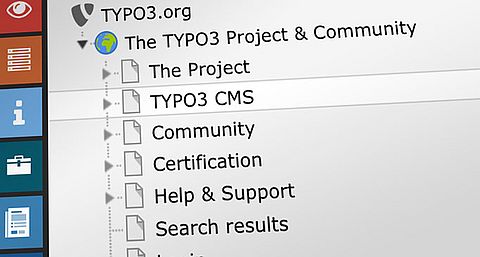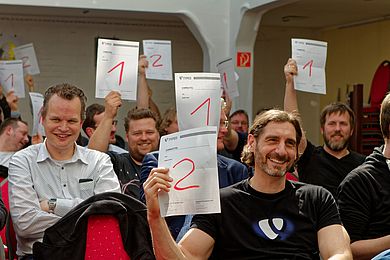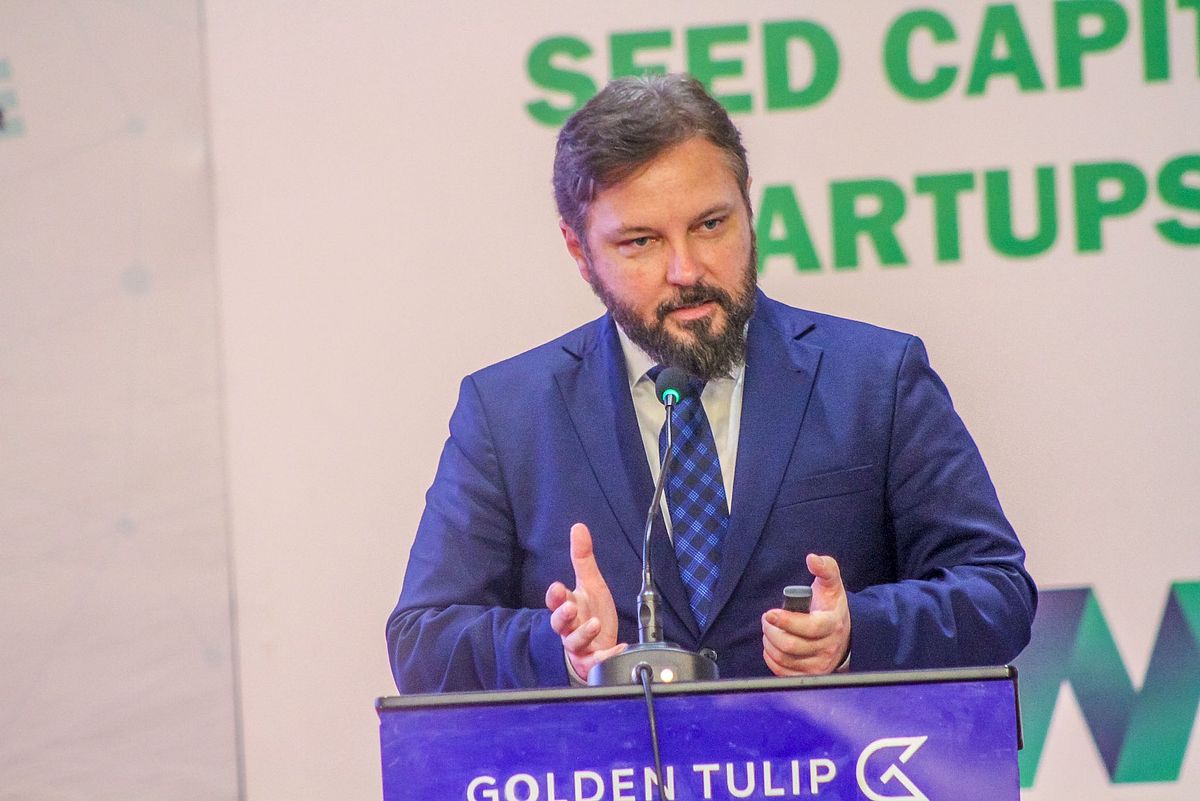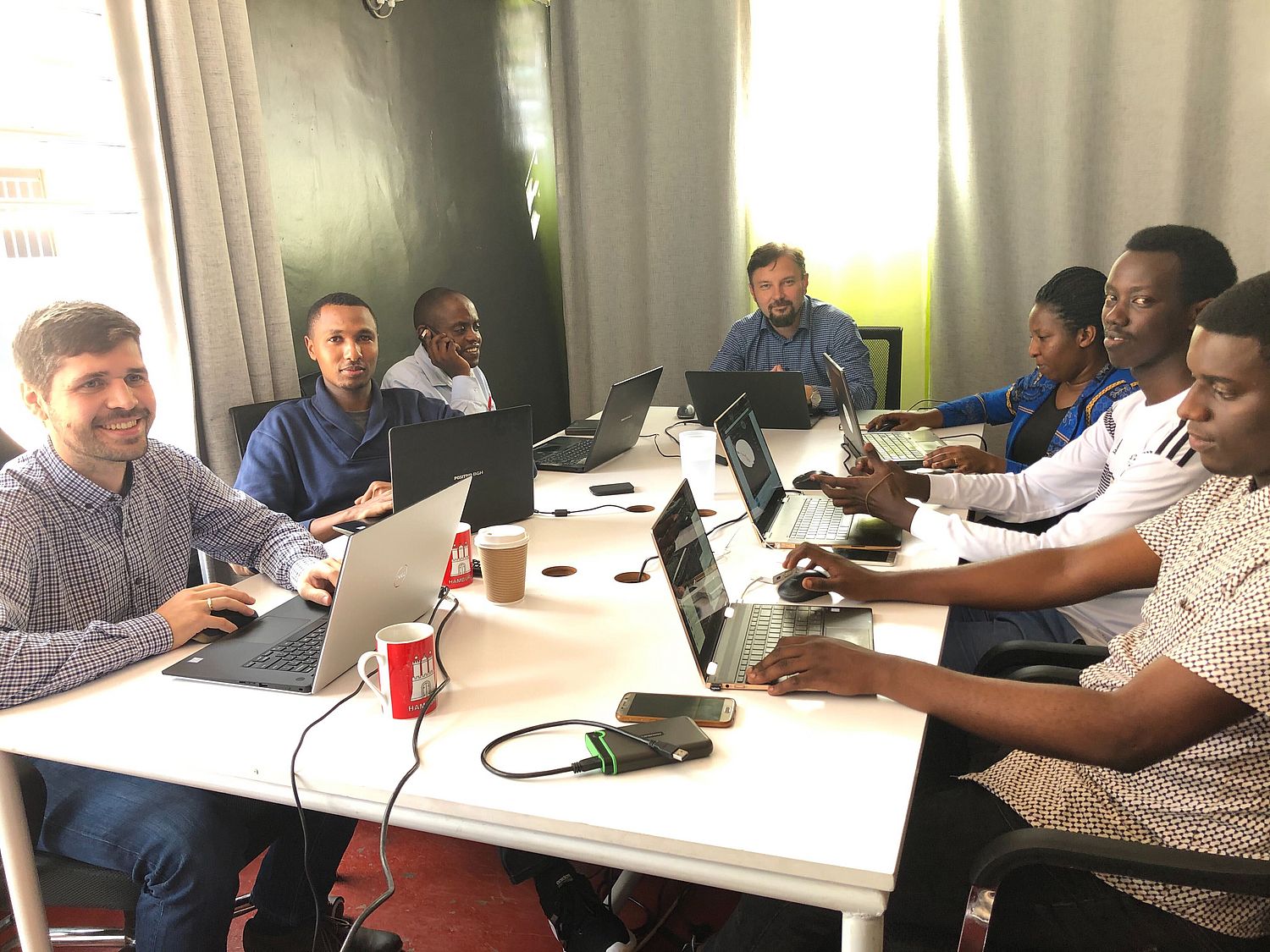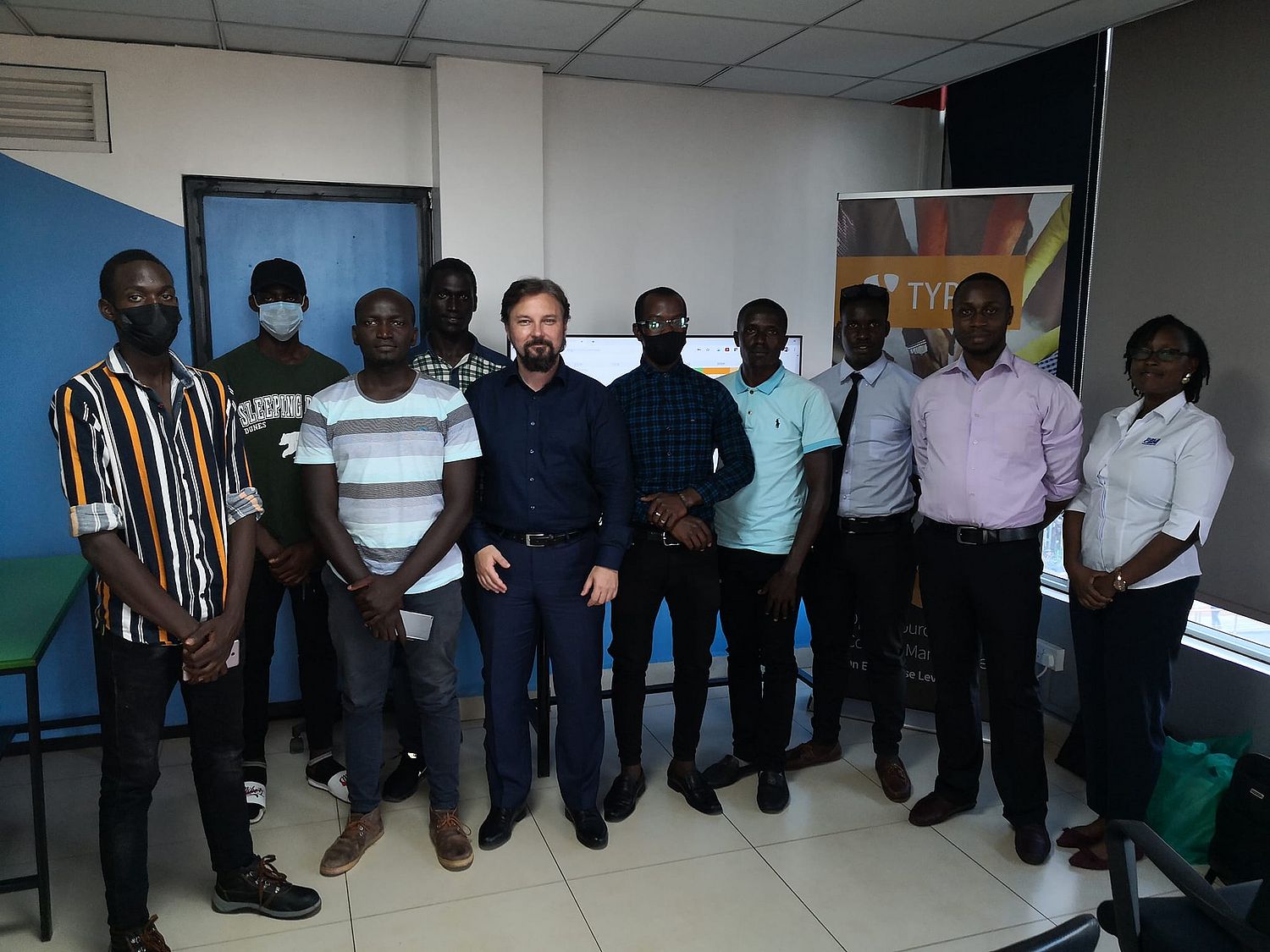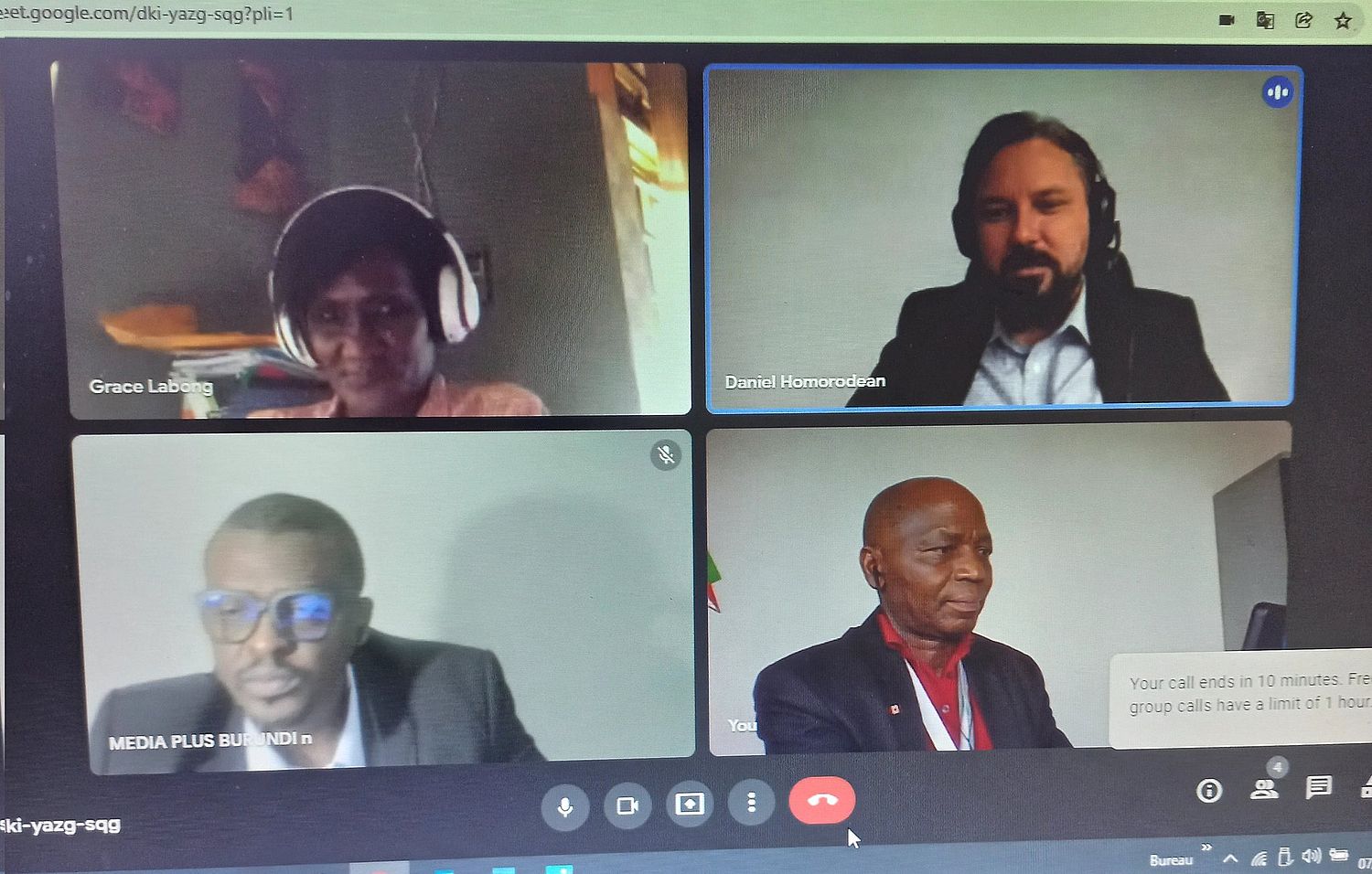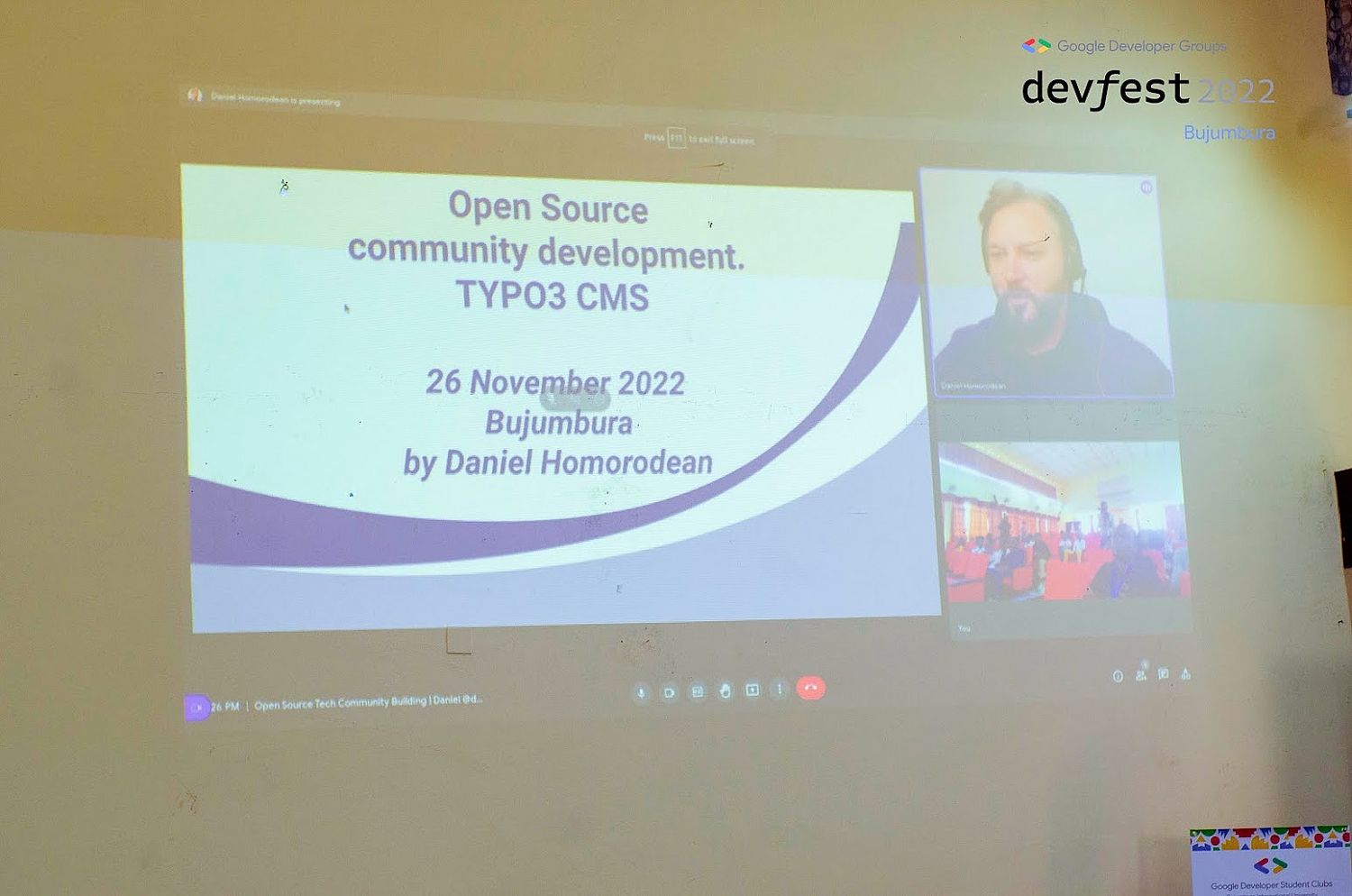We learned a lot in 2019 - 2021 and had discussions with many companies — even governments. The Expansion Committee engaged with communities and web developers from many countries, and ran the TYPO3 International Mentorship Program for two years. With our support, the government of Rwanda established TYPO3 as a national website standard for public institutions.
For 2022, it became clear that we need a more pragmatic approach than previous years. While we see that mentoring of developers is effective for knowledge transfer, those starting their TYPO3 journey need real work opportunities that fit their level of experience. Our project in Rwanda (2018–2020), where we involve ourselves in a more holistic fashion, has proven to be a successful way to solve this problem and create sustainable results.
Retrospective on the Mentorship Program
In 2020 and 2021 we offered the TYPO3 Mentorship Program to web development communities from various countries. These activities gave us the opportunity to learn what works and what doesn’t.
We successfully introduced developers from Chile, Cuba, Bosnia, Rwanda, Zimbabwe, and Benin to TYPO3 CMS. However, the mentees did not integrate further into our community because they lacked direct work opportunities.
With the exception of Rwanda, where we had an ongoing project with the government, there was no local market demand for TYPO3 and no local web agencies ready to hire TYPO3 juniors. This shows that supporting the development of demand in the local market is essential. Web agencies can only justify the investment in learning the technology when there is a local demand for TYPO3.

